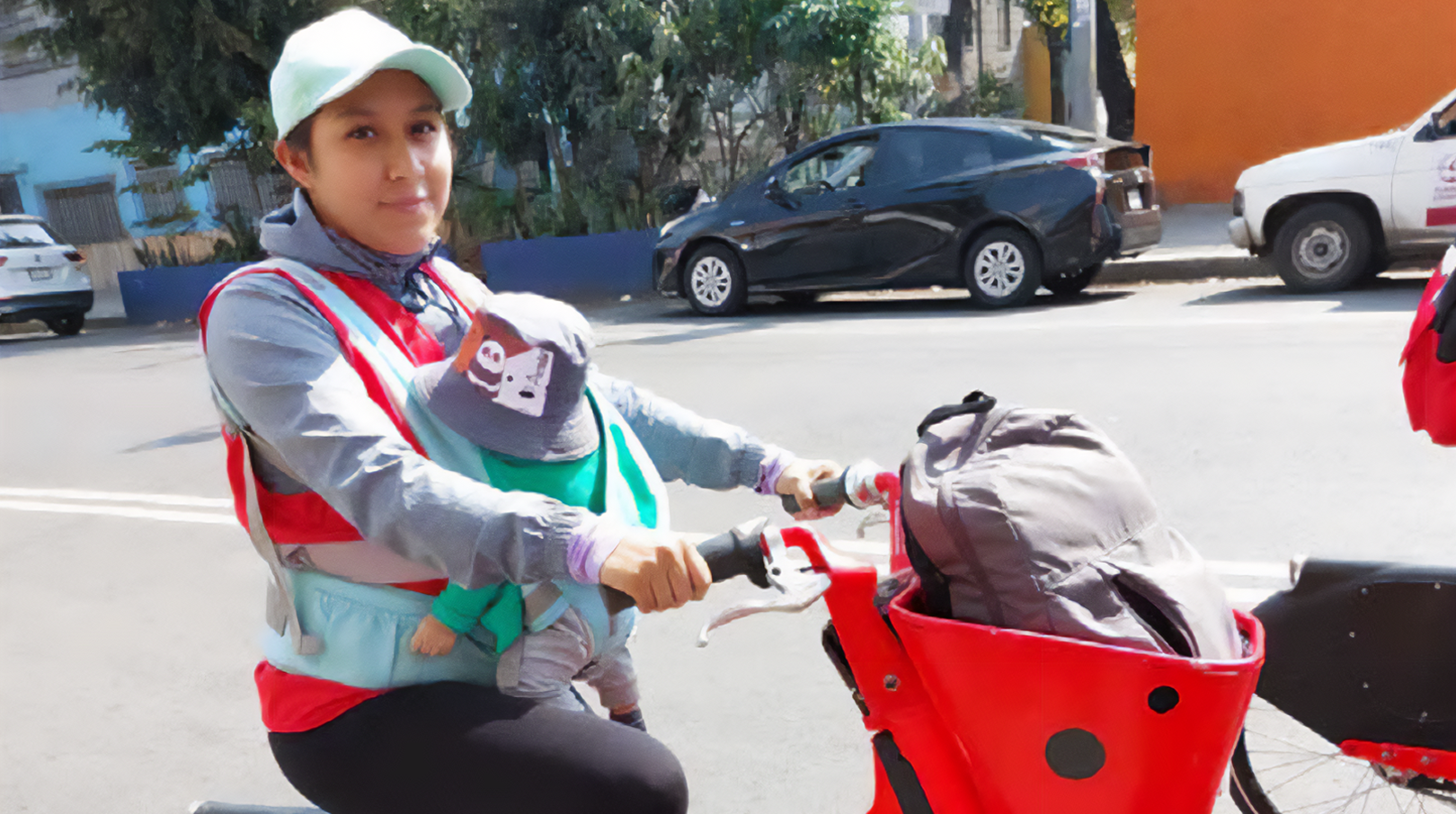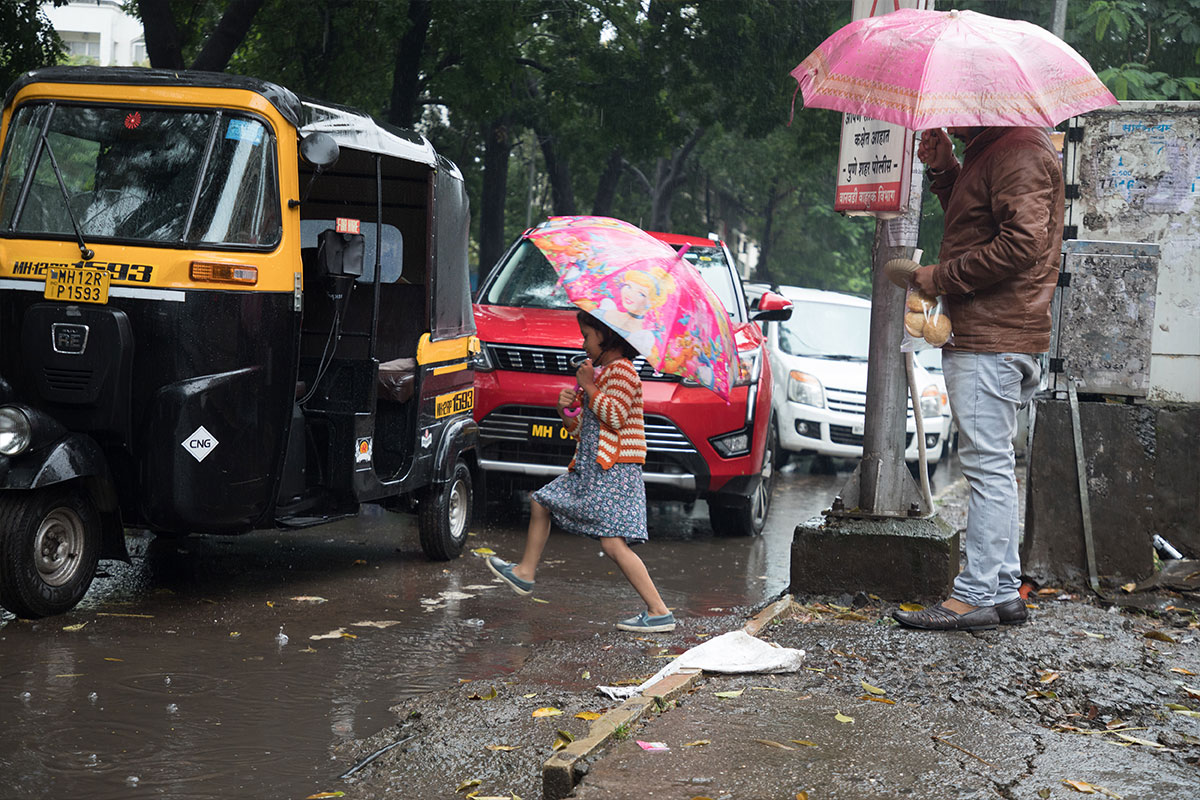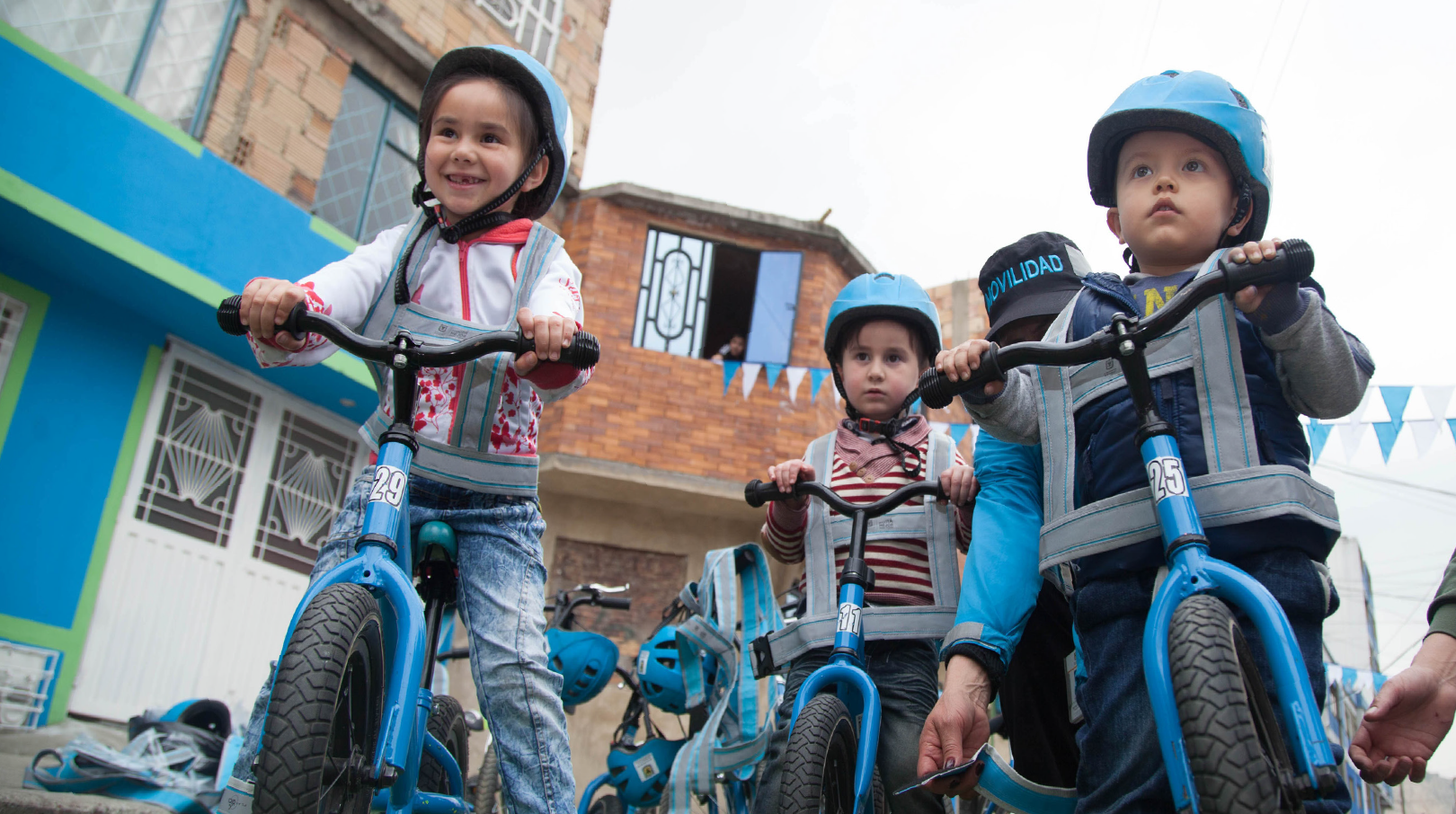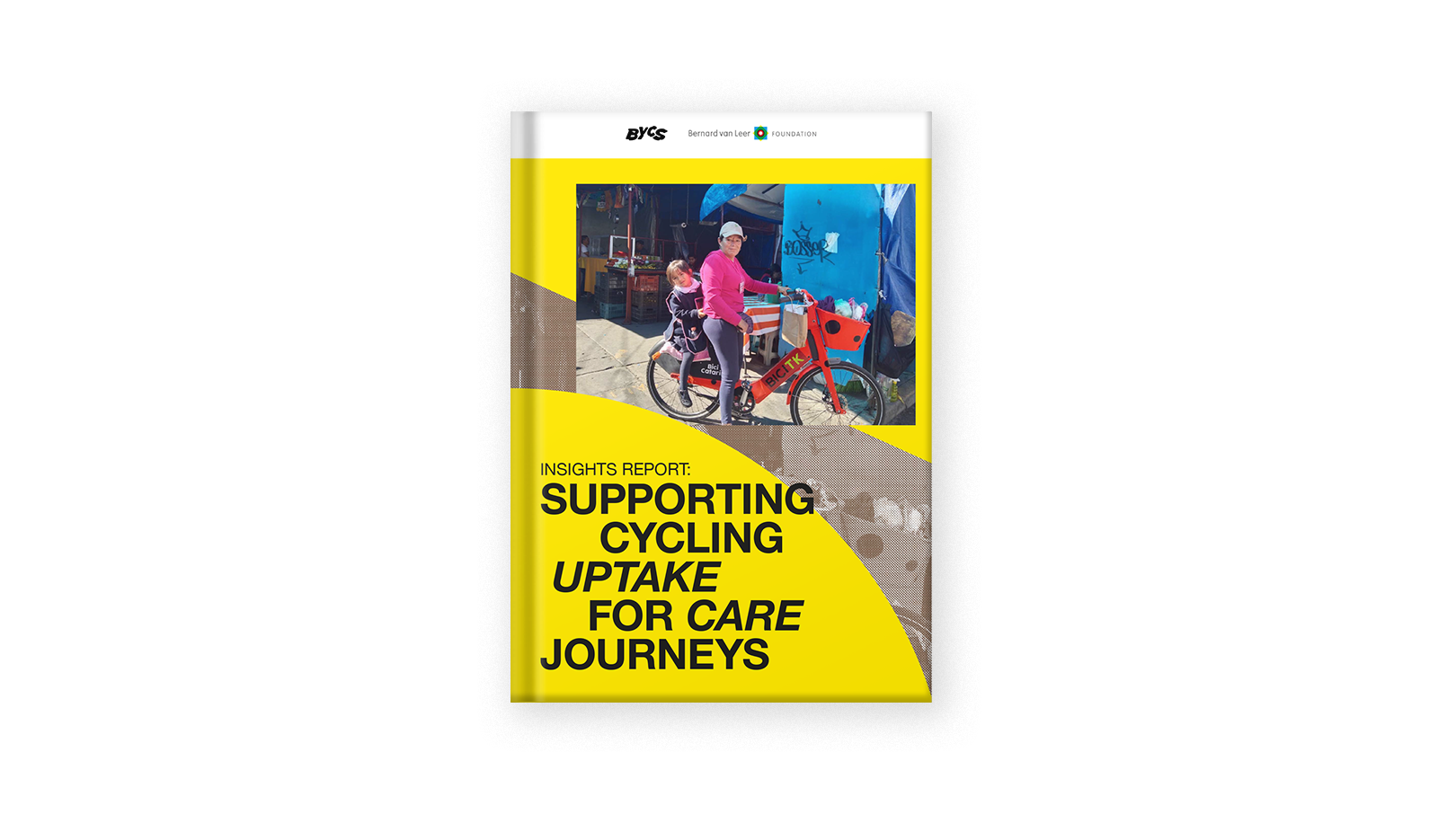Of the 4 billion people living in urban areas today, nearly a third are children. A large portion of the adult population takes on a role as a primary caregiver for a child, at some point in their life. Care activities, such as escorting children to school, to the doctor, to see friends, or purchasing groceries and other items for the home, influence how, and why many adults move through the city.
Although care journeys account for up to 30% of trips taken by adults, they are often not well considered in transport literature and policy agendas. Cycling could be an empowering tool for such trips, with various individual, social, economic, and environmental benefits.
This report explains why and how policymakers and practitioners can support cycling uptake for care journeys.
With the Foundation’s support, this publication has been produced as part of the project ‘Increasing Access to Cycling Mobilities of Care’, in partnership with BYCS, Chain Breaking Women (Zincir Kıran Kadınlar Derneği), Purpose (Bengaluru Moving), and Bicitekas.
 Guide
Increasing Access to Mobilities of Care
Guide
Increasing Access to Mobilities of Care
 Policy brief
Infant, Toddler, Caregiver-Friendly Mobility for Indian Cities
Policy brief
Infant, Toddler, Caregiver-Friendly Mobility for Indian Cities
 Report
Cycling Cities for Infants, Toddlers and Caregivers
Report
Cycling Cities for Infants, Toddlers and Caregivers

